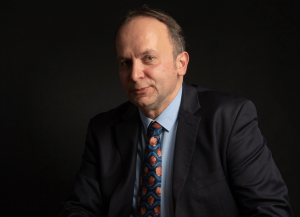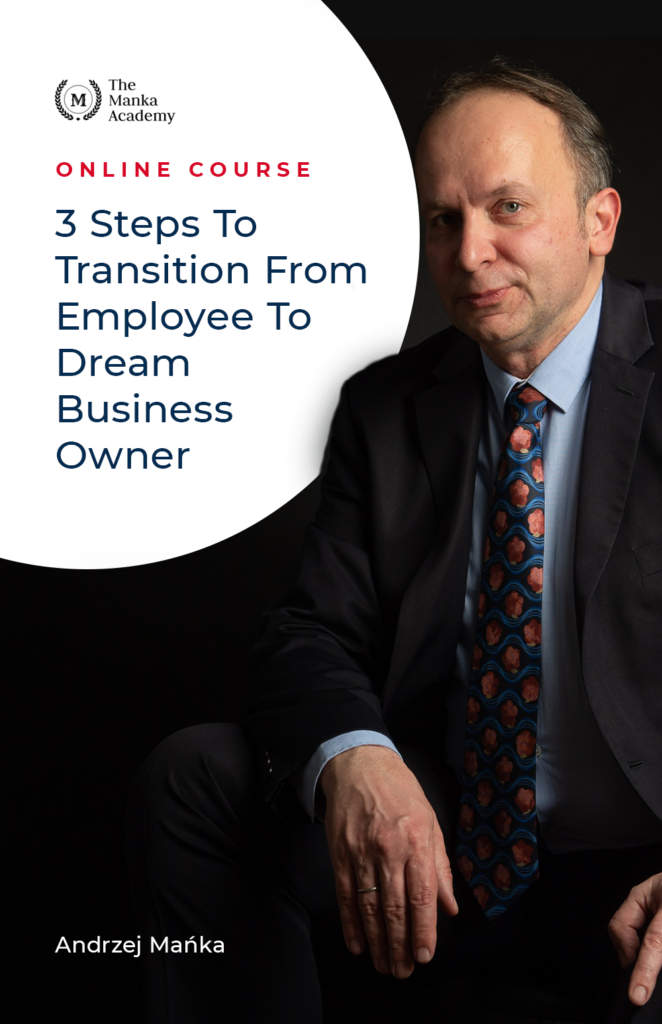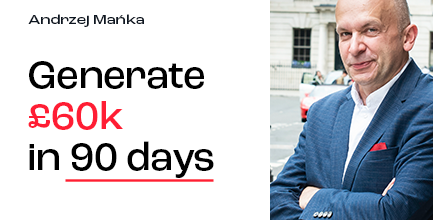The 7 steps for developing your financial IQ and making your personal finance simply brilliant!

Categories

A couple of years ago the European Parliament’s Legal Affairs Committee voted to pass a report that deals with the rapid development of AI and robots. According to the report, it is high time that we consider robots as beings with obligations and rights. The report’s author, Luxembourger MEP Mady Delvaux, wants to robots to be seen as “electronic persons”.
There is no doubt that very soon AI technologies will irreversibly change the world we know now.
What could this mean for finance systems, especially for personal finance management? We don’t know yet, nor can we see the whole picture. However, what we can be sure of is our own personal responsibility for our decisions, development and attitudes.
What is so great about developing financial IQ?
The answer is that it is not just about money, and sometimes it is not about money at all. It is about so much more!
Even if Artificial Intelligence does free us from any financial operations and complicated counting we still should be financially responsible. Why? Because finance is just a concept, an interesting metaphor, and the way we can measure our own performance and the value of things and ideas.
Whatever the circumstances, whether it is a bull or bear market, the most important factor in our personal finances is our financial IQ.
Passivity and inaction always lead to poor lives and, finally, disaster. A proactive attitude has always been the key to wellbeing, and even happiness. Nothing can free us from our own personal responsibility and rational thinking, based on the hope for a great future.
Even if a Universal Basic Income is finally introduced, the rule “there is no such thing as a free lunch” will be still applicable and powerful. There are always costs. Sometimes they are hidden or visible only from a certain perspective. The deeper sense of life is creativity, diligence and personal responsibility.
So how we can develop our financial IQ?
The first step is to take control and rule our money. We can do this through making everyday financial statements and regularly reviewing our earnings and investments, and through permanent financial education.
The second step is to include and connect our financial goals and financial life to our whole life plan. There is no such thing as personal finance as a totally separate phenomenon. Finance has always been part of our emotional lives, family & social communications, professional, and even spiritual dimensions.
The third step is to find out what our real, current situation is, and determine our ideal model. The ideal model is the place where we want to go to. We need learn how to define our current situation, how to create an ideal model and how to move there.
The fourth step is to get rid of mixed feelings. In our world, where the most popular masterpieces include works such as “Hamlet” and “Waiting for Godot”, doubts, passivity and never ending intellectual wanderings are the symbol of deep thinking and sensitive consciousness. However, even if I love and admire Shakespeare and Beckett I cannot agree with such a popular statement.
The fifths step is to create our own spending model. If we use a percentage approach, we can simply divide our spendings into categories and always keep to the same rules. For instance, we can spend 10% on charity, 10% on education, 20% on investment, 30% on savings and 30% on upkeep. It doesn’t matter whether our monthly income is £2000, £5000 or £10000 – we can always follow the same model.
The sixth step is to commit to financial discipline and remember that money kills creativity! There is certainly one amazing thing about being in need: spectacular creativity and innovative approaches. However, when we have enough money, or more than we need, to buy everything and pay for everything, we soon discover that there is nothing creative in buying things.
The seventh step is to embed your finances in time. ‘Focusing on the value of time in money brings about a total revolution in our thinking. For instance, if we want to know whether we are rich or poor it is no longer only a question of how much we earn, but also how long we would survive if we suddenly lost our jobs and/or businesses.
We need to work on our general understanding of the complexity of our world, and the constantly evolving the concept of money. Understanding and knowledge is the first step to successful finances.
We have heard this sentence, written by the Chinese philosopher Lao, thousands of times: “A journey of a thousand miles begins with a single step.”
It is all too easy for us to forget to put this interesting advice into practice. So the most important step should be this: start! It doesn’t matter how many steps you know if you simply don’t make them part of your everyday life.
Andrzej Manka


